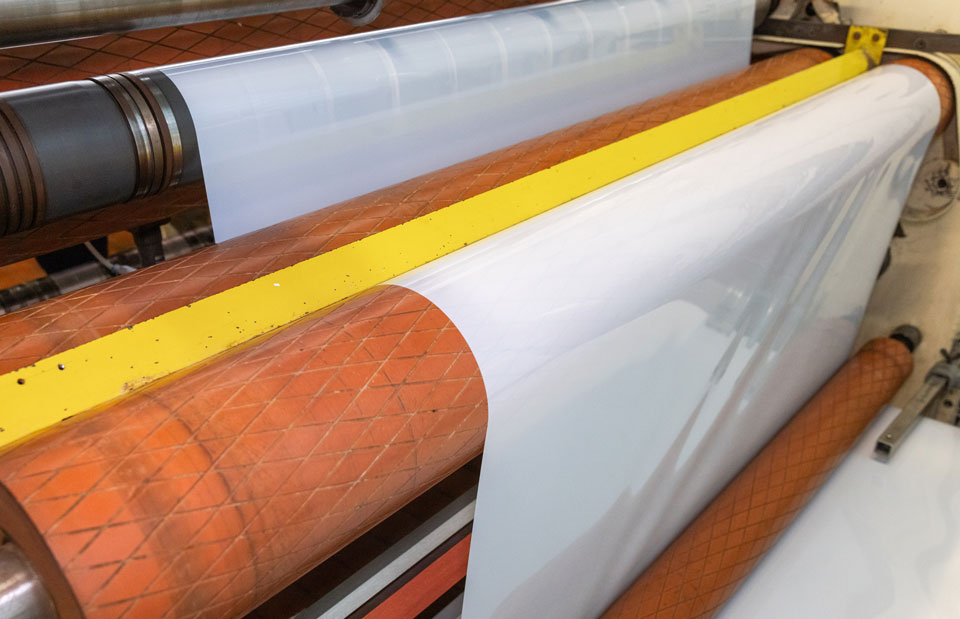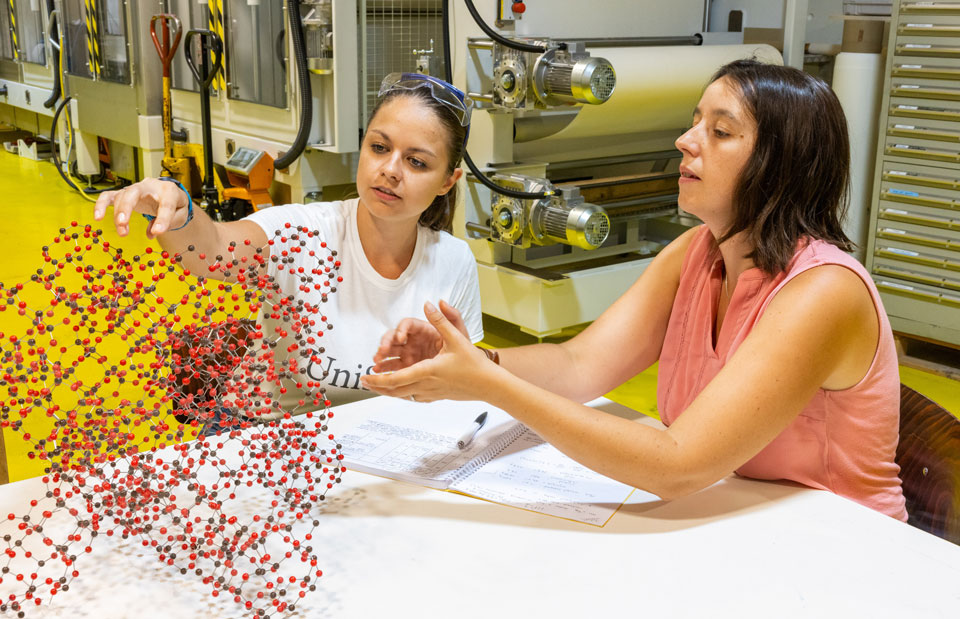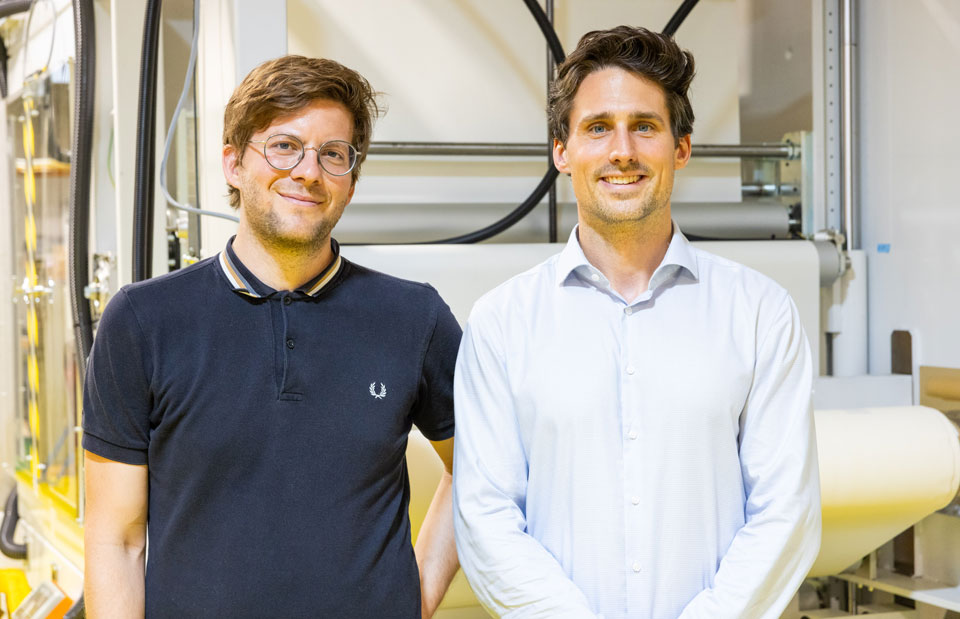UniSieve revolutionises heavy industry with its environmentally friendly molecular separation technology
Heavy industry currently faces the challenge of having to decarbonise its production in a very short space of time. To use chemical products for manufacturing polymers or pharmaceutical products, these industries rely on separation and purification. This process, which accounts for over 10 per cent of the world’s energy consumption, is extremely energy intensive.
Oil, gas, biomass, or other basic raw materials are processed via “cracking,” meaning that large molecules are broken down to form a mixture of smaller molecules known as “crude chemicals.” To be able to use these chemicals, they need to be separated and purified. Standard chemical separation processes are based on distillation – a thermal process that uses enormous amounts of heat or cold.
A less energy-intensive separation process
That’s where UniSieve comes in. The Zurich-based start-up has developed a method of separating molecules that does not use heat or cold, but only sieves. The membranes developed by UniSieve allow smaller molecules to pass through while holding larger ones back. This molecular sieving technology is based on the principle of size exclusion separation, similar to a kitchen sieve used to separate pasta from water. “The special feature is that the crystals can be used to precisely adjust the size of the aperture or the size of the pores, enabling molecules to be separated on a sub-nanometric scale,” explains Elia Schneider, CTO of UniSieve.
A more efficient technique that consumes much less energy. “Thanks to this mechanical separation, which involves neither heat nor cold, energy consumption can be reduced by up to 90 per cent,” adds Samuel Hess, CEO of UniSieve.
Next market launch
Innosuisse’s support has played a crucial role in UniSieve’s development. Thanks to various funding, coaching, and internationalisation programmes, the start-up has benefited from coaches' expertise to challenge and strengthen its business strategy. The Internationalisation Camps enabled the company to extend its relationships with potential customers and investors, and to obtain information about the economic situation outside Switzerland. UniSieve has also just received support for developing a start-up innovation project. “This funding should enable us to bring our technology to market more quickly,” explains Samuel Hess.
The company is now aiming to revolutionise high-carbon industries with its crystalline membranes. It plans to standardize large-scale production of its membranes, which can produce several thousand square meters per week. The company is currently testing its membranes for hydrocarbon separation and carbon capture to bring the first full-scale units to market in 2024.
UniSieve’s mission is to become a key player in the urgent quest to decarbonise heavy industry, offering an innovative molecular separation solution to reduce energy consumption while contributing to a cleaner, more sustainable future.









